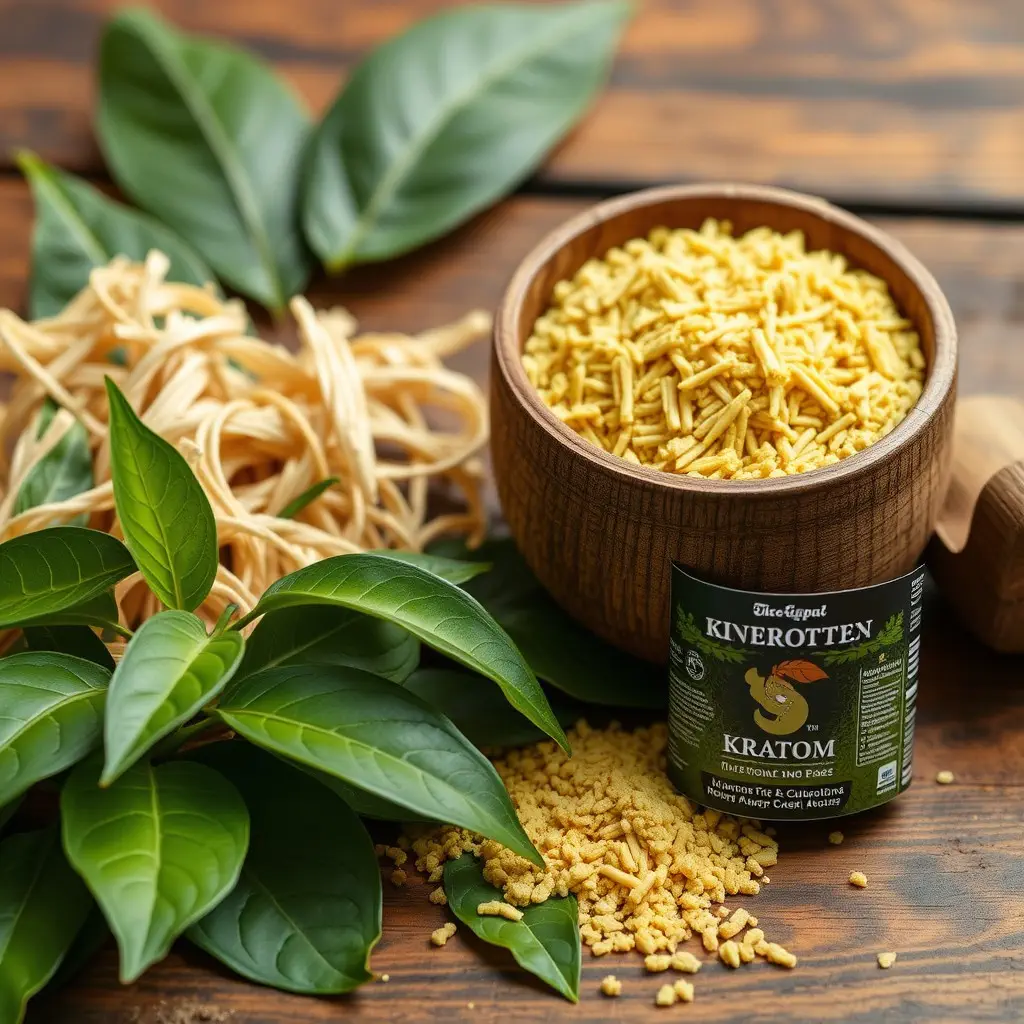Muscle soreness, including Delayed Onset Muscle Soreness (DOMS), is a common post-exercise issue driven by muscle damage, inflammation, and lactic acid buildup. Kratom supplements, known for their mitragynine compound, are gaining popularity as a natural remedy, particularly among athletes and military personnel. The U.S. Army actively tests for kratom as part of its drug screening programs, especially in high-risk units, reflecting concerns about its potential performance and readiness impacts. Integrating kratom into self-care routines should be done under healthcare expert guidance, considering the potential side effects and legal ramifications.
Muscle soreness can significantly impact daily life, but there are effective strategies to alleviate discomfort. This article explores natural remedies, focusing on kratom supplements as a potential solution. We delve into the science behind muscle soreness and its causes, providing insights into how kratom may offer relief. Additionally, we examine the Army’s stance on kratom testing, addressing concerns for those considering this alternative approach. Discover a comprehensive guide to managing post-workout aches.
- Understanding Muscle Soreness and Its Causes
- Exploring Kratom Supplements for Relief
- The Army's Stance on Kratom Testing
Understanding Muscle Soreness and Its Causes
Muscle soreness is a common issue experienced by athletes, fitness enthusiasts, and even everyday individuals who engage in physical activity or exertion. It’s that uncomfortable feeling of pain and stiffness in the muscles after intense exercise, often referred to as Delayed Onset Muscle Soreness (DOMS). This condition typically peaks around 24-48 hours post-exercise and can last for several days if left untreated.
Various factors contribute to muscle soreness, including muscle damage, inflammation, and lactic acid buildup during strenuous activities. High-intensity workouts, new exercise routines, or increased training volume can all trigger these responses. Interestingly, even military training programs, as evidenced by does the army test for kratom discussions, consider natural remedies like kratom supplements to manage pain and soreness among soldiers.
Exploring Kratom Supplements for Relief
Kratom supplements have gained attention as an alternative solution for muscle soreness relief, especially among those who engage in intense physical activities or military training. Interestingly, the U.S. Army has recently been in the spotlight regarding its stance on kratom. The question arises: does the army test for kratom? This focus on testing highlights the growing interest and concerns surrounding this herbal supplement.
For individuals seeking natural remedies for muscle pain, kratom offers a unique approach. It contains mitragynine, an active compound known for its analgesic properties, which may help reduce inflammation and alleviate soreness. However, it’s essential to approach kratom as part of a holistic strategy, combining it with proper hydration, adequate rest, and other therapeutic methods recommended by healthcare professionals.
The Army's Stance on Kratom Testing
The United States Army has taken a stance on kratom usage, particularly in the context of drug testing. While kratom is a natural substance derived from the Mitragyna speciosa plant, it contains active compounds that can produce effects similar to opioids. As a result, the military has implemented strict policies regarding its use. The Army does test for kratom as part of their regular drug screening programs, especially in high-risk units and for individuals involved in safety-critical positions. This testing is done to ensure soldiers are fit for duty and to maintain operational readiness.
The presence of kratom in a service member’s system may lead to disciplinary action or even legal consequences, as it can affect performance and pose potential risks in combat or other high-pressure situations. The Army’s decision to test for kratom reflects their commitment to maintaining discipline, safety, and effectiveness among their ranks, especially given the substance’s growing popularity both within and outside the military community.
Kratom supplements have emerged as a potential natural solution for alleviating muscle soreness, offering an alternative approach to traditional pain management. While the military’s stance on kratom testing (does the army test for kratom) remains a point of interest, further research suggests that it could be a beneficial addition to post-workout routines. By understanding the causes and effects of muscle soreness, individuals can make informed decisions about incorporating kratom as a safe and effective relief strategy, potentially revolutionizing their recovery process.






